
The essential guide to mastering your cashflow management

Better together; why I decided to save and invest.

Navigating Elections: How political events impact the stock market

Should I invest in the stock market?

Investing Money and the Risks
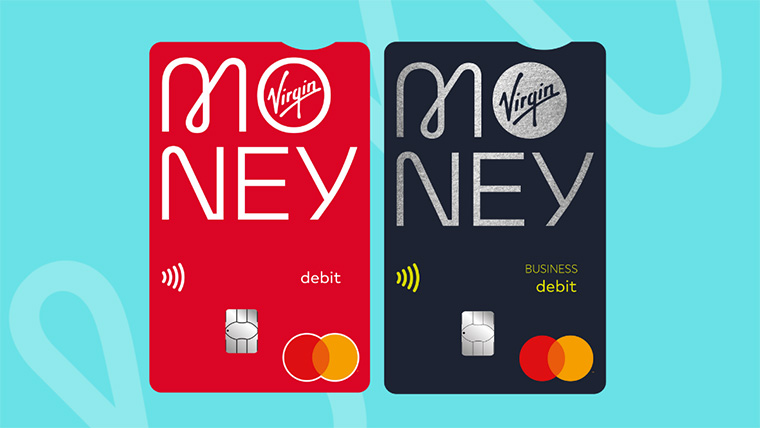
What's the difference between a personal bank account and a business bank account?

Five under £100 hacks that will make your home look more expensive

Eight tips for starting a business from home

How to make stunning lamps without spending a fortune
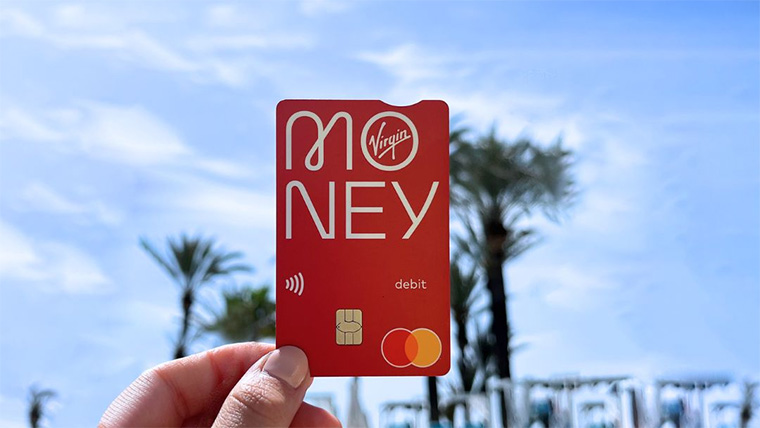
Six ways to cut holiday costs that you might not have thought of
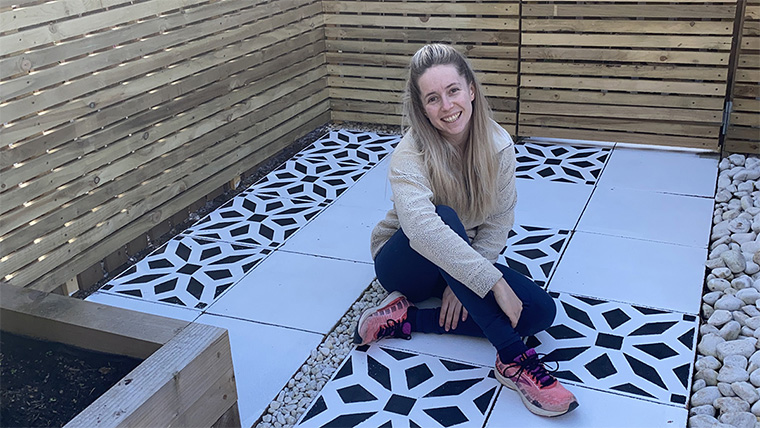
How to give your garden patio a mega makeover for less than £80
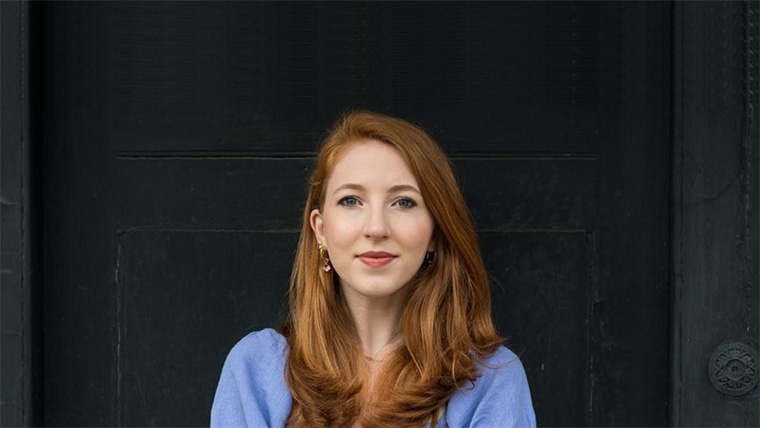
The five-part toolkit for calming financial anxiety
 Mastering money
Mastering money
The budget beauty hacks you need to know about
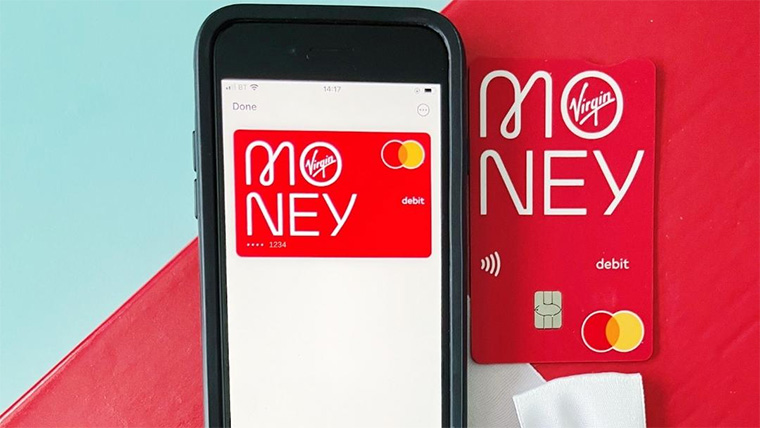 Money worries
Money worries
Five steps to have a Christmas with less money worry during the cost of living crisis
 Money worries
Money worries
Let's talk about the 'M' word
 Money worries
Money worries
Financial fears: how can I fight them?
 Money worries
Money worries
5 signs you have financial worries and how to cope with them
 Dream home
Dream home
How to add value to your home
 Mastering money
Mastering money
I’ll think twice before buying from Europe now
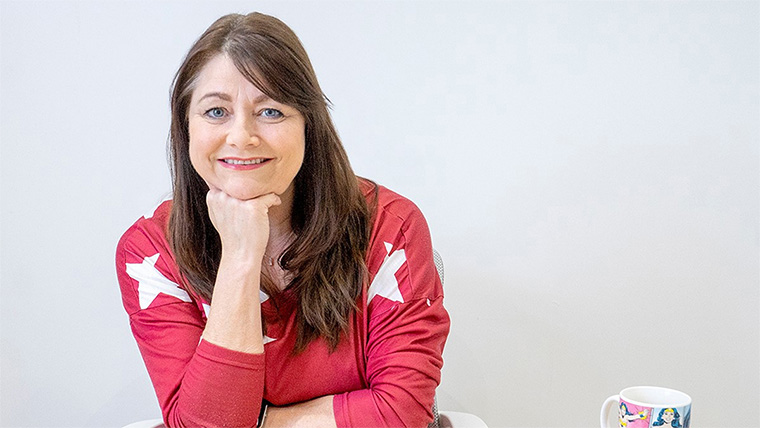 Dream home
Dream home
I paid off my mortgage in my 30s
 Dream home
Dream home
5 ways to make sure your home is a happy one
 Mastering money
Mastering money
The lowdown on joint accounts
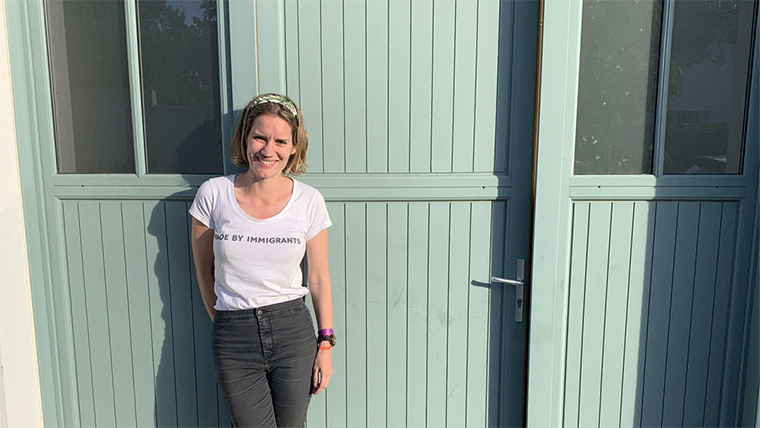 Dream home
Dream home